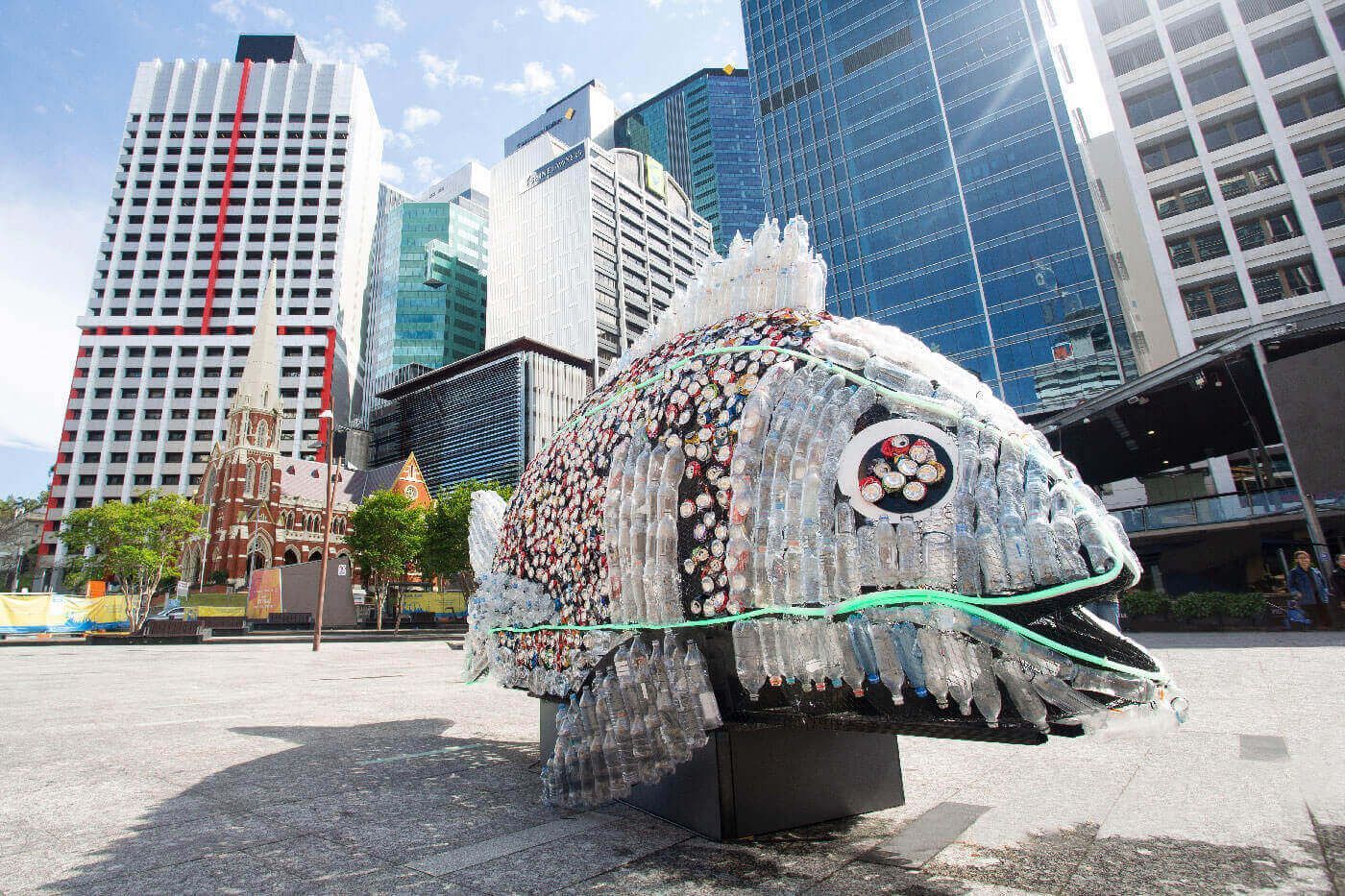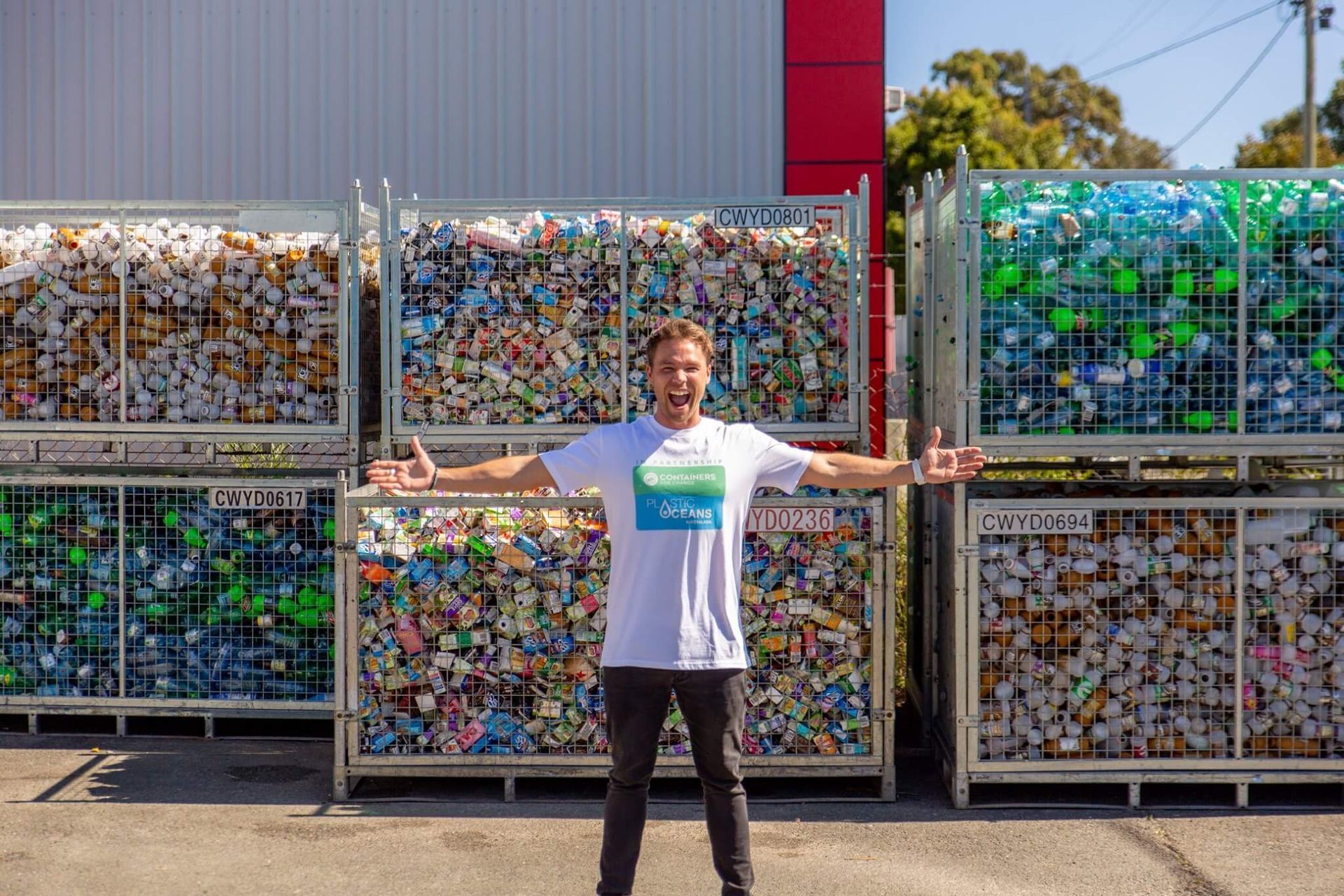What Am I Paying For When I Use A Recruiter?
If Your Experience With Recruiters Leaves You Asking This Question, This Article Is Especially For You
If you’re a leader or hiring manager who’s worked with a skilled recruitment partner, you’ll be aware of some of the answers to this question.
Recruitment is a professional service. When you engage a recruitment business, you’re entering into a consulting partnership.
Your trusted recruitment partner will do what any good consultant does - lend their expertise, solve problems, add value and support your organisation to improve.
Working with a recruiter should be viewed as a long term partnership. Over time, we want to help you transform your organisation through the people you hire.
It’s no secret that finding, hiring and retaining the best talent is the number one challenge facing all leaders. Your people are the heart of your business - without the best people - you can’t achieve your objectives, whatever they may be.


You Are Not Paying For A Transaction
When you partner with a recruiter, it’s important not to think of the engagement as a transaction. It’s not like buying software, signing up for a course or buying office equipment.
Good recruitment is not simply about filling an empty seat. It’s a highly strategic process. Every time you set out to hire a new team member, you’re facing an opportunity to improve, grow and transform.
A quality recruitment partner won’t simply find the best person for the vacant job, they’ll work with you to build an in depth understanding of your organisation, the type of people who ‘fit’ and will add value not only in terms of skills and experience, but also your organisational culture.
So, What Are You Paying For In A Recruitment Partnership?
Here are some things you can expect.
1. Extensive Reach Including Passive Talent.
When you advertise a role on your website and job boards, you reach people who are actively searching in those places. But, what about people who aren’t looking in those places? And what about people who aren’t ‘looking’ at all?
Recent surveys suggest that around 75% of professionals in Australia are open to new opportunities - that’s a lot of ‘passive talent’ ie people who are not looking on job boards.
Your recruitment partner invests time every day in building and nurturing their network.
Beyond job boards and careers pages, they can reach an extensive network of talent through proactive searching and sourcing, technology-enabled search and tapping into specialist communities and interest groups.
Because most recruiters specialise in a particular type of role and/or industry sector, they’ve not only built a network in these areas, they know where to go looking for this specialist talent (which is often not a mainstream job board).
2. Leveraging Social Media Networks
When you work with a recruiter, promoting your job opportunity doesn’t stop at job boards. They’ll also use social media campaigns to share your role and offering to a wider audience and connect with potential talent. This includes both their personal social networks and those who follow the recruitment business they work for.
The best recruiters will leverage social media as part of the recruitment strategy, expanding reach and often achieving strong amplification of both your role and employer brand.
Your recruiter will also leverage their own network for candidate referrals. As the saying goes, ‘birds of a feather flock together’, ie great people are likely to know other great people!
Unless your organisation is big enough to hire the same roles on a regular basis and has the resources inhouse to invest time in this kind of comprehensive search, a recruiter will always be able to reach a wider audience than you can alone.
3. Time Savings
When it comes to recruitment, many leaders and hiring managers focus on the financial cost and may fail to consider the time cost of an effective recruitment process.
A robust recruitment process is a time-intensive process. Gone are the days of posting an ad, receiving applications and making a quick decision.
Recruitment is a two-way street and a highly nuanced, strategic process. Beyond writing a job description, placing an ad and running interviews, it’s critical that you have resources allocated to invest time in
- a needs analysis and stakeholder engagement
- recruitment marketing
- thorough assessment and evaluation of all candidates
- ongoing candidate communication and engagement
- effective interview design
- quality post-interview feedback
- reference checking.
Unless recruitment is your ‘day job’, this is a big ask.
Without internal resources to manage the recruitment process, asking hiring managers to be responsible for an entire recruitment process is rarely a wise choice in terms of time and productivity.
As the saying goes ’time is money’ - partnering with a recruitment agency will save you a significant amount of time.
4. Expertise
As with any consultant, the expertise of a skilled, experienced recruiter can add huge amounts of value to your recruitment process.
It is a recruiter’s ‘day job’ to analyse job requirements, provide advice on how to position a role to the market, identify potential talent, assess a large pool of possible candidates, conduct effective evaluation interviews and assist you in designing an effective, merit-based selection process.
An experienced recruiter has been trained to identify the traits of high performing employees and they practise these skills every day, interviewing hundreds if not thousands of candidates each year.
Beyond selecting the best person for the job, effective recruitment is about having the best person involved in the selection.
5. A Recruitment Guarantee
When you hire someone in a permanent role via a recruiter, this placement is usually supported with a replacement guarantee.
Most recruitment businesses offer a ‘guarantee’ that the person you’re hiring fits the brief, is engaged with your organisation and the role - and will stay.
Of course, the ideal scenario is that your awesome new employee stays with the organisation for a long time (growing their career with you), but in some rare occasions, despite everyone’s best efforts, things don’t work out that way.
Choosing who to hire is a big decision - and recruitment is rarely simple.
If you recruit someone directly ie without the support of a recruiter, this guarantee doesn’t exist.
If you choose to partner with a recruitment business (and make sure they offer a guarantee) - you’ll have the guarantee as your ‘warranty’ against the wrong hire. You can read more about the recruitment guarantee in this article.
6. Careful Management Of Your Employer Brand
If you haven’t thought about the link between your employer brand and the recruitment process, now is the time to start.
The experience candidates have with your organisation throughout the recruitment process is absolutely critical. Candidate experience during recruitment is the cornerstone of your employer brand.
A skilled recruiter will understand this - and they’ll carefully manage candidate experience while also promoting and protecting your employer brand throughout the process.
It stands to reason that the best candidates are seeking the best possible opportunity for them - both the role and the potential new employer. Articulating your EVP (employee value proposition) during the recruitment process is an important part of managing your employer brand.
If you’re unsure about how to articulate your EVP, your recruitment partner can help.
If you choose to manage the recruitment process internally, be sure to consider the experience you’re providing to candidates.
Do you respond to every application? Return every phone call from people inquiring about the job? Do you have a transparent, professional and timely shortlisting process? Do you get back to people when you say you will? Do you provide detailed, constructive feedback following each interview?
The aim here is to leave each and every candidate with a positive impression of your organisation, regardless of the outcome of their application. A good recruiter will do this, every time.
7. Experience Identifying High Performers
The science about high performers is clear - they can deliver 4x the output of their average peers.
No matter which organisation you work for and what you’re trying to achieve - identifying, attracting and retaining high performers should be part of your recruitment strategy.
A quality recruiter will make it their business to not only work with you to understand what high performance means for your organisation, but they’re also well versed in identifying and exploring high-performance traits during the interview and selection process.
Beyond the minimum skills and experience required for the job, we seek to uncover the key traits of a high performer, which you can read about in this ebook.
Discover How We’re Different And Give You A Competitive Advantage
Kingston Human Capital is deeply committed to supporting you to recruit game-changing talent and transform your business with the people you hire.
This doesn’t happen by accident or chance - which is why we don’t do contingent recruitment.
Think Of Recruitment As An Investment In The Future Of Your Organisation
Good recruitment is so much more than the hiring transaction. Your recruitment partner wants to understand your challenges, objectives, future plans - and your offering to candidates (more on that later).
We think of our recruitment partnerships as an opportunity to support leaders and hiring managers with workforce planning and development over the long term, tackling both immediate and long range hiring needs.

Kingston Human Capital is deeply committed to supporting you to recruit game-changing talent and transform your business with the people you hire.
This doesn’t happen by accident or chance - which is why we don’t do contingent recruitment.

Recruitment Is An Opportunity To Transform
That’s the essence of the answer to the question this article poses.
When you think about recruitment, think beyond the empty seat you're looking to fill and the ‘transaction’ of putting someone in that seat.
Think about recruitment as an opportunity.
Whatever you are seeking to achieve; whatever your goals or challenges might be, every hiring moment is an opportunity to upgrade your organisation - to change, improve and ‘lift’ your team into excellence
Sadly, many organisations don’t think of recruitment in this way.
One thing is for certain when you partner with a quality recruitment business, you’ll certainly feel the difference and see the results.
Here Are More Useful Resources
Finding needles in haystacks is what we do best. We use traditional and algorithmic-search techniques, video recruitment, and behavioural economics to find you the best talent in the market.
Meet the team
Access key features, receive alerts, and manage your finances from the palm of your hand, ensuring banking fits seamlessly into your lifestyle.















